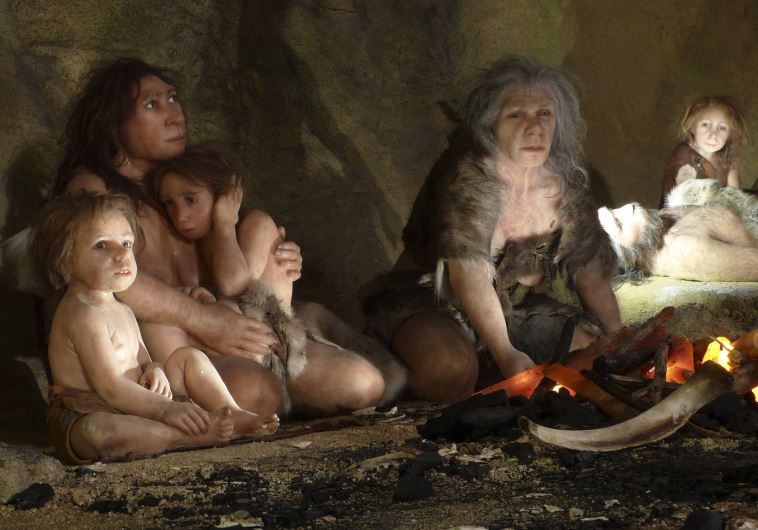Humanity once came dangerously close to extinction, study suggests
A recent study has revealed that humanity came uncomfortably close to extinction roughly 900,000 years ago, with only 1,300 adults remaining in the entire human population.
The researchers believe that the population maintained these tiny numbers for at least 100,000 years.
For a long time, scientists have noticed how humans have far fewer genetic differences compared to other humans than is usual within a species. By knowing how long it usually takes for genes to mutate scientists are able to figure out how long ago any specific variation occurred in a population.
Scientists from the Chinese Academy of Sciences, Yi-Hsuan Pan and Haipeng Li used this model to figure out when humans entered this unvaried period of our evolution.
The team decided to focus solely on the genes that were not subject to positive selection or other evolutionary forces. This allowed them to avoid the huge amount of computing power calculations involving all genes would take as well as the problem of facts becoming less certain the further back in time they happened.
In this way, they were able to use the genomes of 3154 people, from 40 non-African and 10 African population groups. The number of genetic changes is affected by the population size and local history and gives clues as to what was happening at specific points in time. What they found was a decrease in population of 99% approximately 900,000 years ago. At one point there were only 1,280 humans capable of breeding on the planet.
 An exhibit shows the life of a neanderthal family in a cave in the new Neanderthal Museum in the northern town of Krapina (credit: REUTERS)
An exhibit shows the life of a neanderthal family in a cave in the new Neanderthal Museum in the northern town of Krapina (credit: REUTERS)The research does not provide an answer to what caused this population apocalypse, although the researchers posited natural catastrophes such as droughts, or cooling water temperatures.
Were humans in risk of extinction? Not everyone agrees
Not all scientists agree with this conclusion, however. Janet Kelso, who studies computational biology at the Max Planck Institute for Evolutionary Anthropology, has questioned the findings.
She noted that the evidence for a population collapse is distinct only in the African populations studied, suggesting a more local cause. The conclusions, “though intriguing, should probably be taken with some caution and explored further,” she says.





Comments are closed.